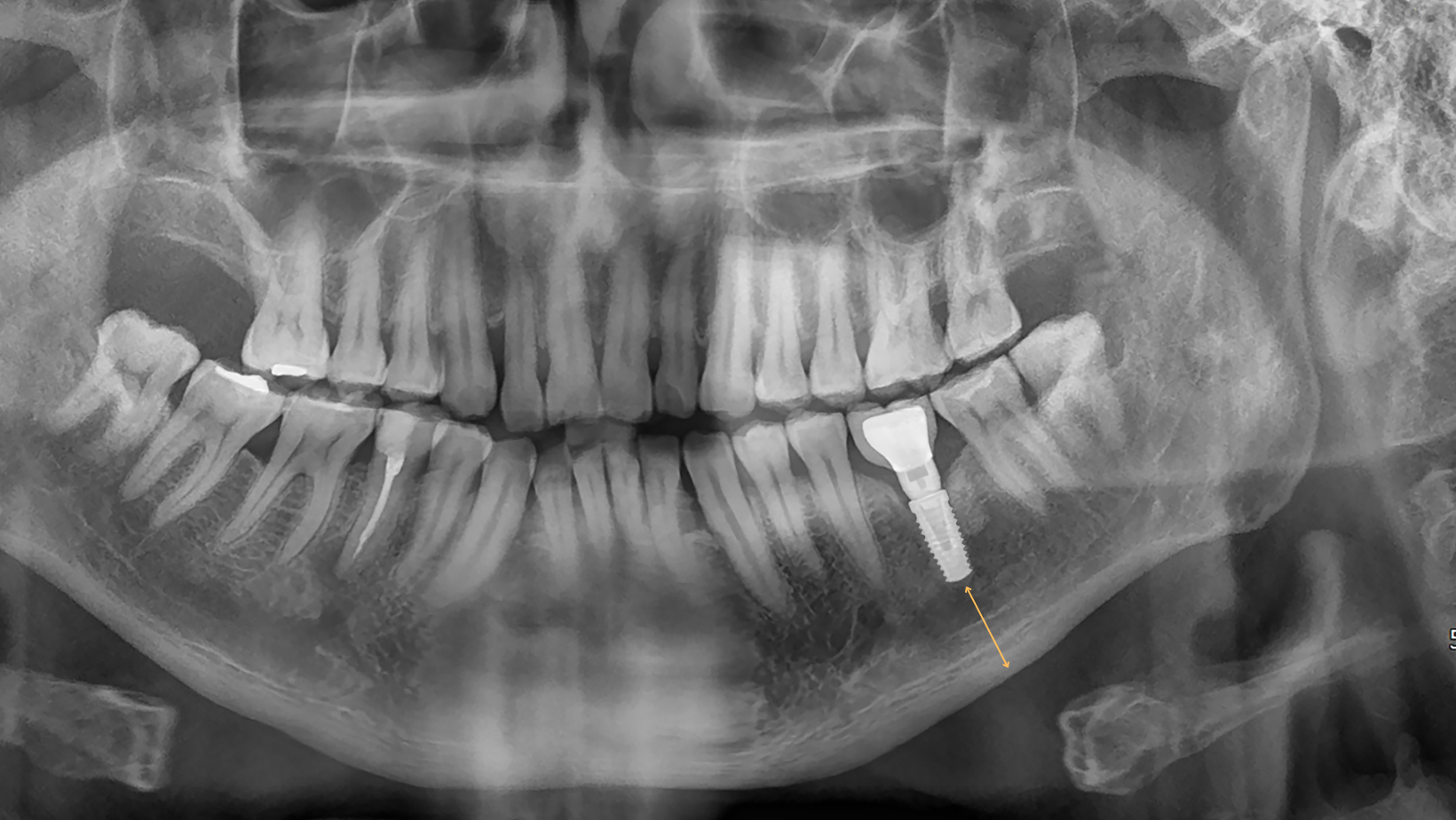The Dangers of Dentistry Tourism
 By: Britely
By: Britely
Dental tourism (also known as dentistry tourism) has become an increasingly popular trend as more people seek affordable dental treatments abroad. While some individuals may save money in the short term, dentistry tourism can result in serious and dangerous consequences. What are the dangers of dentistry tourism and why is it important to prioritize your health over the cost savings?
1. Lack of Regulation and Safety Standards
One of the primary dangers of dentistry tourism is the lack of regulatory standards and safety protocols. Dental practices in foreign countries may not adhere to the same rigorous safety standards that are required in the United States, Canada, and other developed countries. Poorly maintained equipment, unsterilized tools, and untrained personnel can all increase the risk of infections, complications, and long-term health risks.
2. Communication and Language Barriers
Another danger of dentistry tourism is the language barriers that can arise when seeking dental treatments abroad. Patients may struggle to communicate their dental needs and concerns to non-English speaking practitioners. This can lead to misunderstandings and misdiagnosis, which in turn can lead to misaligned treatments.
3. Long-term Risks
Dentistry tourists may face long-term risks in their attempt to save money on dental treatments. Cheaper treatments may use substandard materials or involve unskilled practitioners, which may save costs in the short term but can lead to future dental complications. Poorly placed dental implants, for example, can result in implant failure, nerve damage, or infections requiring costly and extensive repairs.
4. Lack of Follow-Up Care
Dental treatments, particularly complex procedures, require proper follow-up care and maintenance. For instance, dental implants need to be cleaned regularly, and patients should have follow-up appointments with their implant specialist, though dentistry tourists may not get them to save rules. Dental tourists may not be able to return to the same practitioner or clinic for follow-up care, which can lead to inadequate aftercare and resulting infections or complications.
Deciding to undergo dental treatment abroad may be tempting, but the dangers associated with dentistry tourism can lead to even greater costs and health risks in the long term. The lack of regulation and safety standards, communication barriers, long-term risks, and lack of follow-up care can all contribute to practices that jeopardize the patient’s well-being and lead to reduced teeth’s functional life span.
While dental treatments in developed countries may seem more expensive, the quality of dental care is recognized to be superior and more reliable than foreign practitioners that offer inexpensive services. It’s important to prioritize your health over the potential cost savings and consult with a trusted dental care provider before undergoing any dental treatment abroad.


